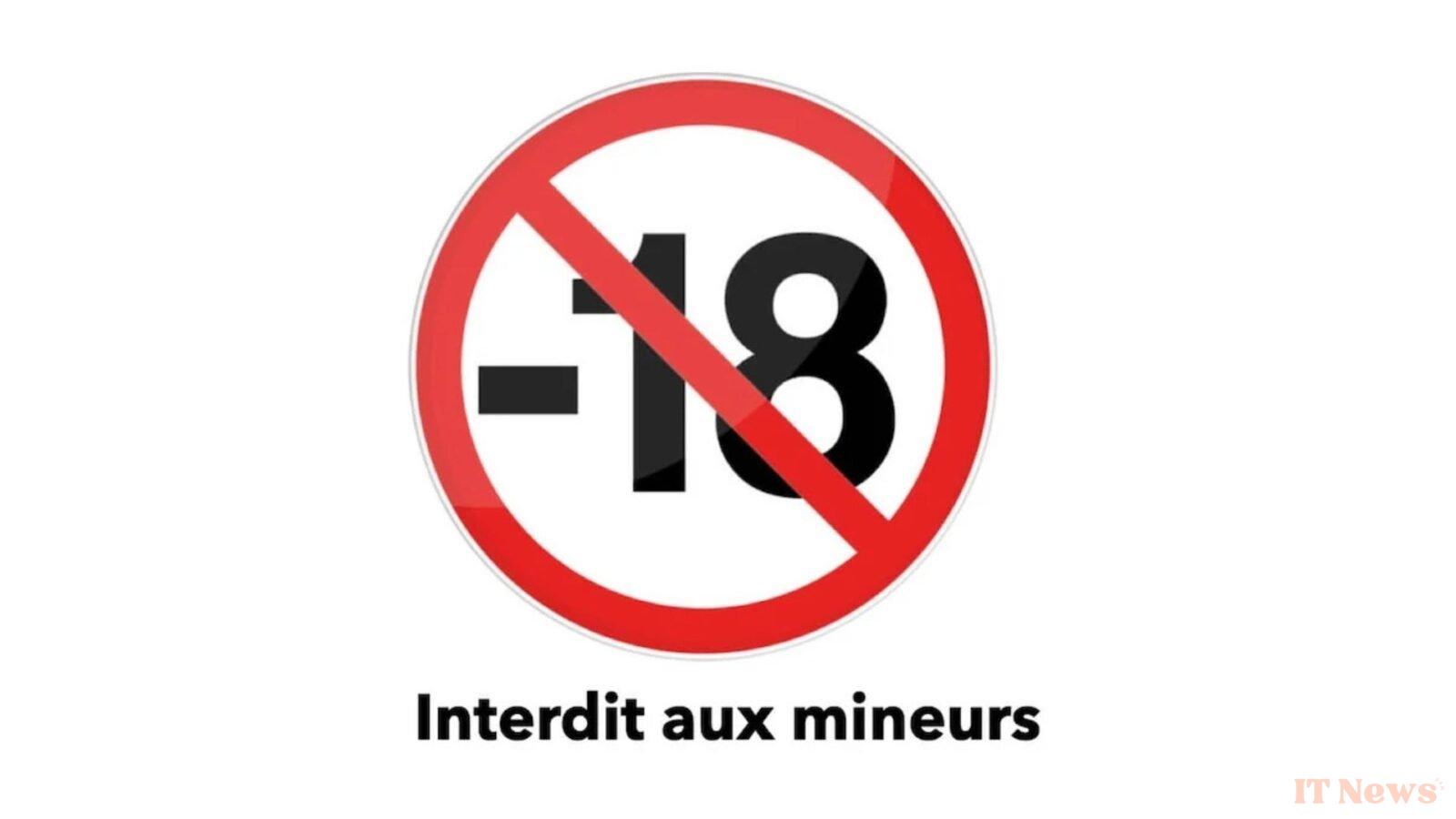To further protect those under 18 on the web, the European Union will launch its new age verification application next July, the Financial Times reported this Friday, May 30. This new tool, for which the call for tenders was launched last October, will be implemented ahead of the future European Union digital identity wallet (eID) planned for 2026.
The future application will harmonize rules across the Old Continent and avoid certain platforms having to comply with different technical age verification requirements, depending on the countries in which they operate. In France, Arcom has already published its guidelines for pornographic sites, a set of technical requirements that have been applicable since last April, for platforms located in France and outside the EU.
For pornographic platforms domiciled within the EU such as YouPorn, PornHub, RedTube, TukxHamster (domiciled in Cyprus), Jacquie et Michel (Hungary and Spain), XNXX and Xvidéos (Czech Republic) and Tukif (Portugal), the deadline runs until June 6. Ultimately, the European app should be imposed on pornographic sites, through the guidelines on the protection of minors (issued as part of the DSA), which should be published next summer.
A future system implemented by Deutsche Telecom
Last October, the European Commission published a call for tenders for this age verification application, which will allow users to prove their majority without disclosing personal information to the platforms. T-Systems, a subsidiary of Deutsche Telecom, had won the contract, along with the Swedish cybersecurity company Scytáles, reported MLex and then Contexte last February.
This app will allow for further protection of minors, as planned by the DSA, the Digital Services Act. This text generally requires the largest platforms (the "VLOPs" designated as such by the regulator) to ensure that "the rights and best interests of children [are] at the heart of the operation of their services." The digital giants must regularly conduct risk assessments and adopt mitigation measures to protect minors online.
"We will take more action in this area"
And according to Henna Virkkunen, the EU's chief technology officer, who was interviewed by the Financial Times, the web giants are not doing enough to assess the risks in this area. "The protection of minors is a very important priority for us, and we will take further action in this area," she told the British media.
For the Finnish commissioner, tech companies must voluntarily adopt adequate measures to protect minors, rather than waiting for states to impose different measures. "From the platform's perspective, it would also be very good if it created a kind of design with a very high level of security, confidentiality, and safety for minors," she added to our colleagues. Other additional measures could be adopted, such as making minors' accounts private by default, or limiting the inherently addictive design of social networks.
Meanwhile, 4 porn sites and 2 platforms under investigation by Brussels
"Many online platforms use a design that creates a strong addiction. [However], minors use [these applications] for hours and hours, they spend their entire day on their mobile phones. Of course, this has an impact on their well-being," she lamented, again in the columns of the economic media.
This announcement comes three days after the opening of a formal investigation against four pornographic sites: Pornhub, Stripchat, XNXX and XVideos. The European Commission suspects them of not having adopted effective age verification measures, within the framework of the Digital Services Regulation (DSA).
Alongside these adult platforms, other giants are in Brussels' sights, such as TikTok and Meta. They are the subject of an official investigation under the aegis of the DSA, this time for their addictive design. The procedure could ultimately result in very hefty fines (corresponding to 6% of their global turnover).
Despite the Trump administration's repeated attacks on European regulations that allegedly "unfairly" target American companies, the protection of minors on the web is also a priority across the Atlantic, as well as in other countries around the world, Henna Virkkunen emphasized. This is also a (rare) subject on which Washington and Brussels are in agreement.



0 Comments